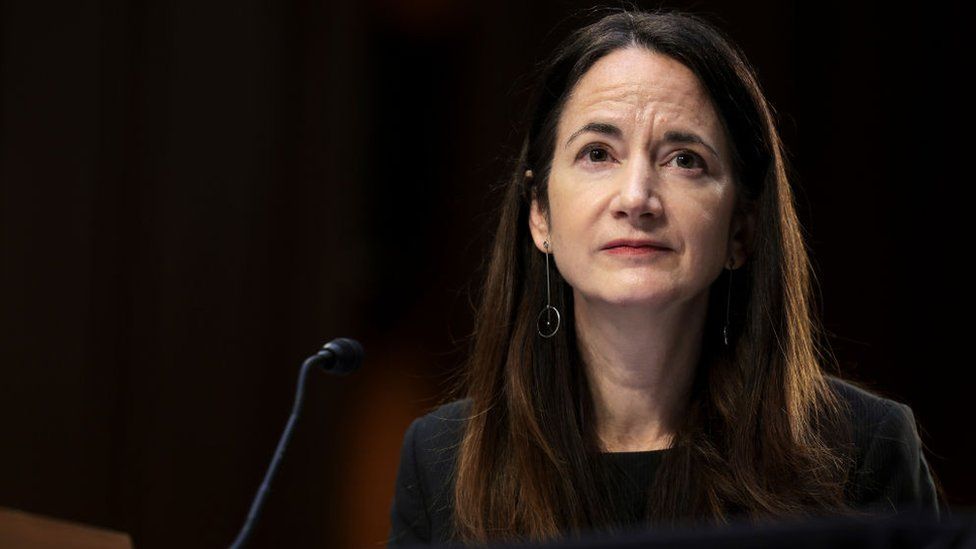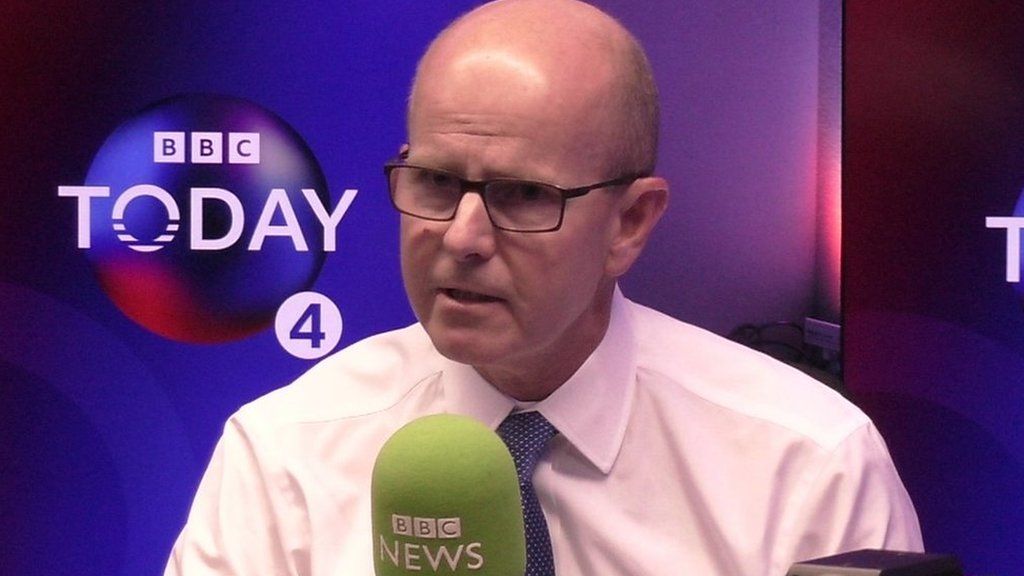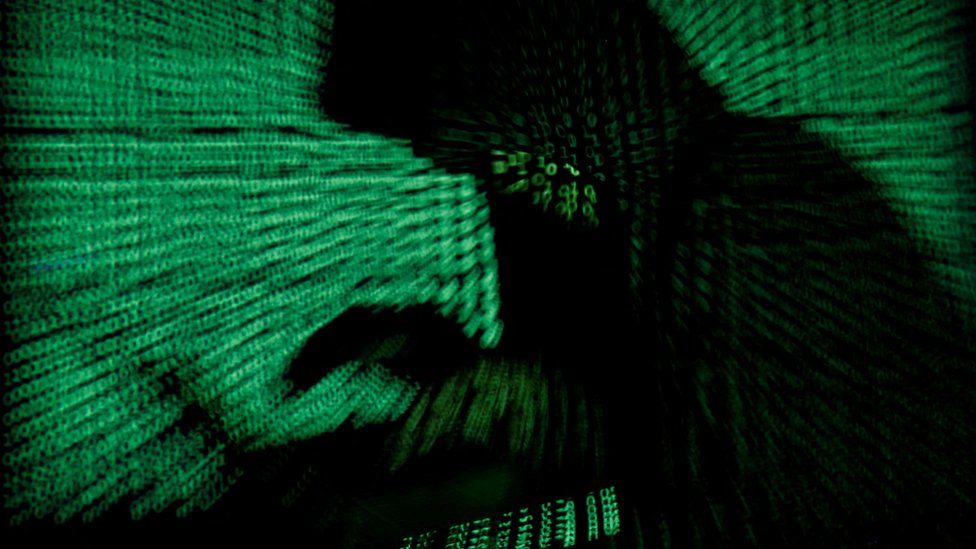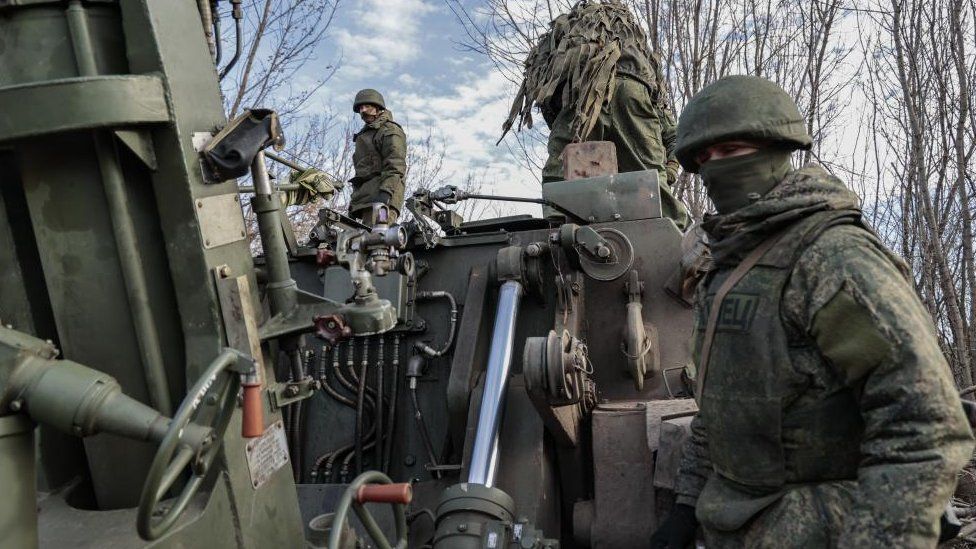Ukraine was ‘sea change’ for spies – GCHQ head

The Ukraine conflict has led to a sea change for intelligence agencies, the head of GCHQ Sir Jeremy Fleming has said.
Washington and London both took the unusual step of publicising their knowledge of Russia’s plans and attempts to justify its invasion of Ukraine.
The head of US intelligence, Avril Haines, said lessons had been learned including the limits of such moves to publicise intelligence.
She was interviewed by Sir Jeremy as part of his role as a guest editor of Radio 4’s Today programme.
As a 30-year veteran of the secret world, Sir Jeremy Fleming said the act of declassifying intelligence was “quite hard in many ways” but there was no point collecting secrets unless they could be used and, he said, Ukraine had seen a new type of conflict in which intelligence was at the forefront.
“Keeping the population up to date on what we’re seeing and involving them in the conversation in a more significant way is crucial,” Ms Haines added in her conversation with Sir Jeremy.
As Director of National Intelligence, Ms Haines co-ordinates all America’s spy agencies and she played a pivotal role in pushing for sensitive intelligence to be declassified and published in the run up to Russia’s February invasion. This unusual step was designed to deter Russia and counter its claims it was acting defensively.

“We were able to have an impact,” Ms Haines said, “at the same times what also is clear… is that our impact was far greater in the West than it was in other places in the world.”
In Russia, she said the efforts had “basically no impact” because of the control the Kremlin exerted over information flows inside the country.
“Authoritarian states have this kind of asymmetric advantage where they’re effectively controlling the information to their populations,” Ms Haines said. She added that Russia also tried to take advantage of the open information flow in western societies to promote their narratives and exacerbate divisions in society.
Working out how to understand and counter this foreign influence was a growing area for Western intelligence communities, she said.
“The Russians engaged in a very concerted information campaign around the world on these issues,” she said.
“One of their main narratives is the United States is provoking this conflict, and that Nato and Ukraine are setting the conditions and threatening Russia and that sort of forced them into this position.”
Sir Jeremy also said “much of the world” had not completely bought the Western side of the argument. The GCHQ head said it was important that it was not just government or intelligence agency voices out in the debate.
“There are different alliances, which enable us to show and demonstrate that we are more trusted,” he said.
Sir Jeremy said the private sector had played an important part in the conflict – whether satellite imagery from private providers, which could confirm the intelligence claims about troop build-ups – or the work of companies like Microsoft in providing cyber-defence for Ukraine.
In another interview for the programme Sir Jeremy rejected the idea that GCHQ had been dragged into the open by Edward Snowden’s revelations, claiming the former US intelligence employee publishing details of secret programmes had cost the UK “blood and money”.
Asked if his successor could be the first woman to lead GCHQ, Sir Jeremy said “let’s hope so” noting the organisation had not been led by either a woman or someone from an ethnic minority background and that it was time to “show a difference at the top” of intelligence agencies.
Listen to the full interview on Best of Today on BBC Sounds.



